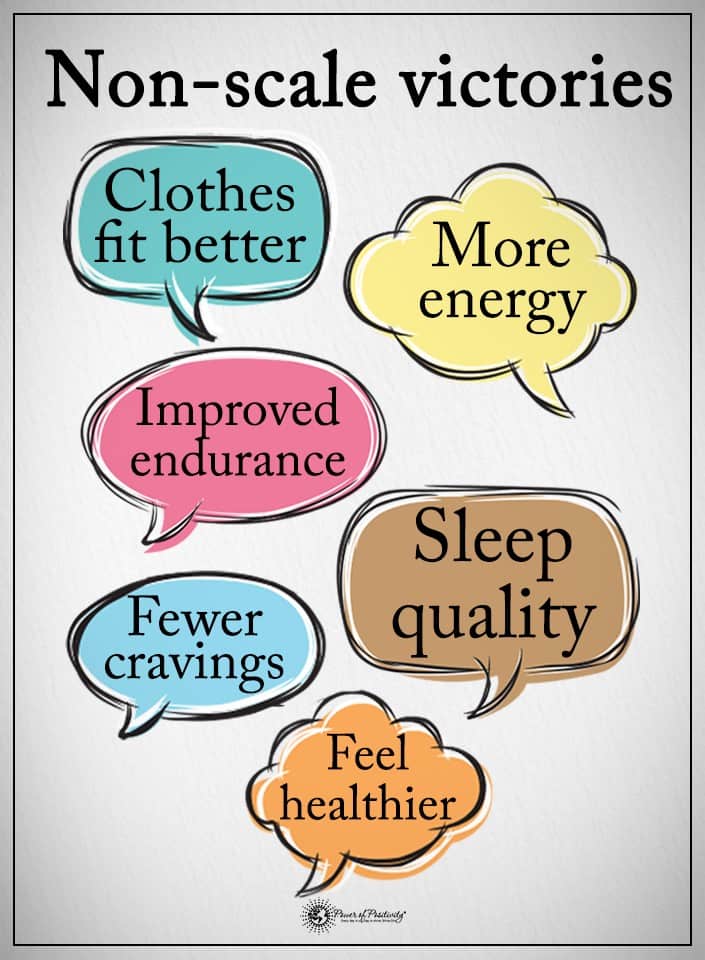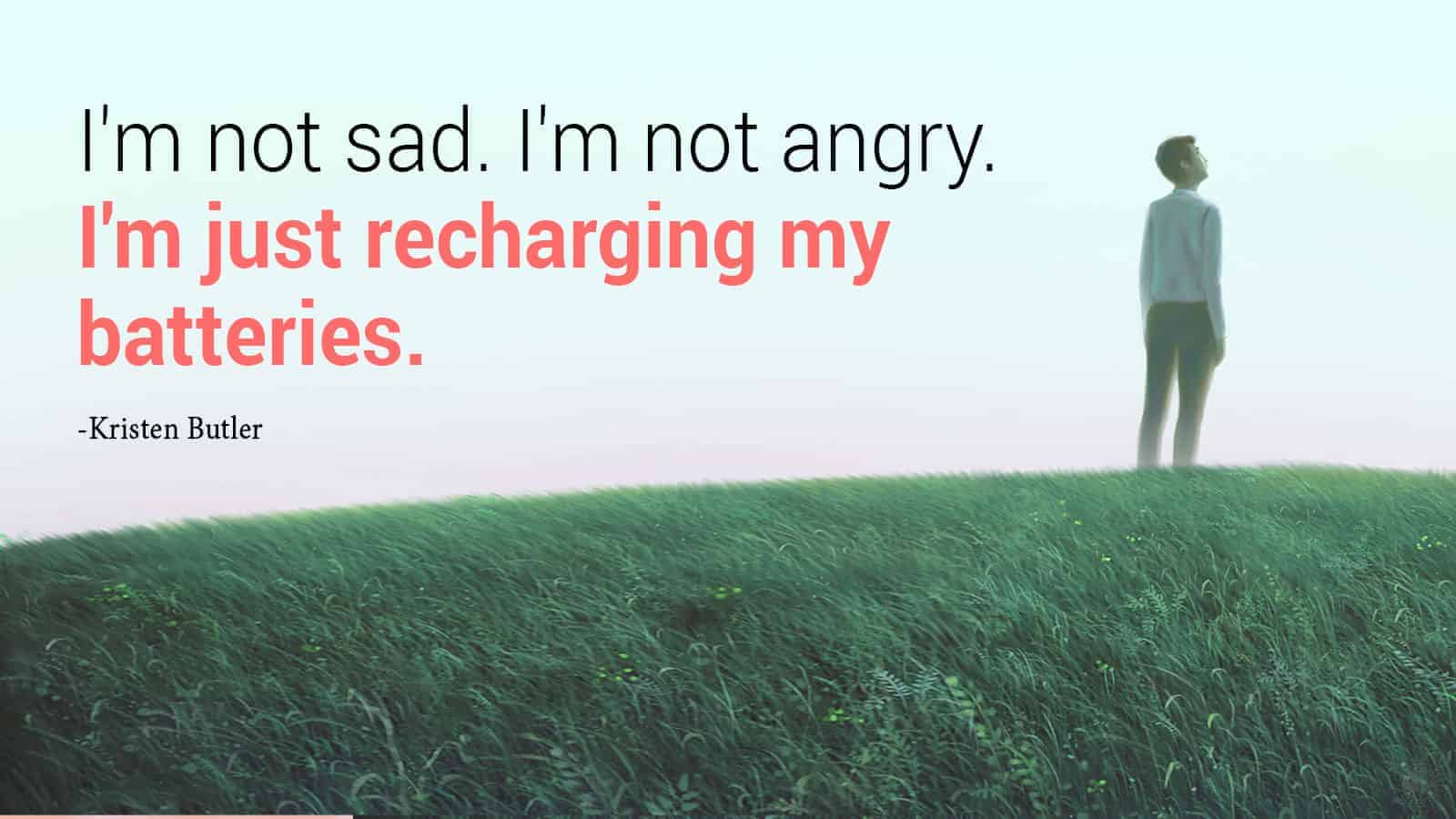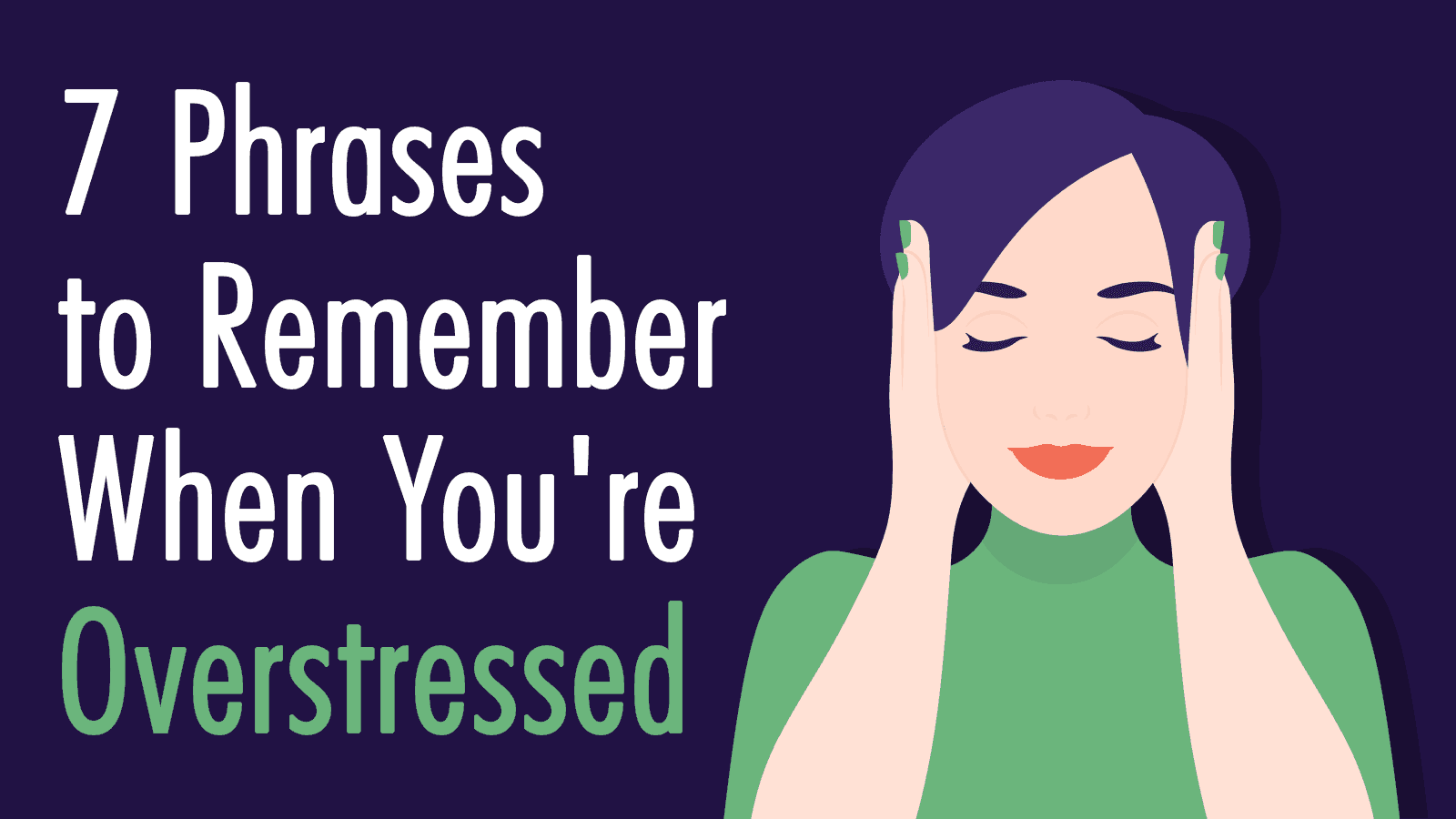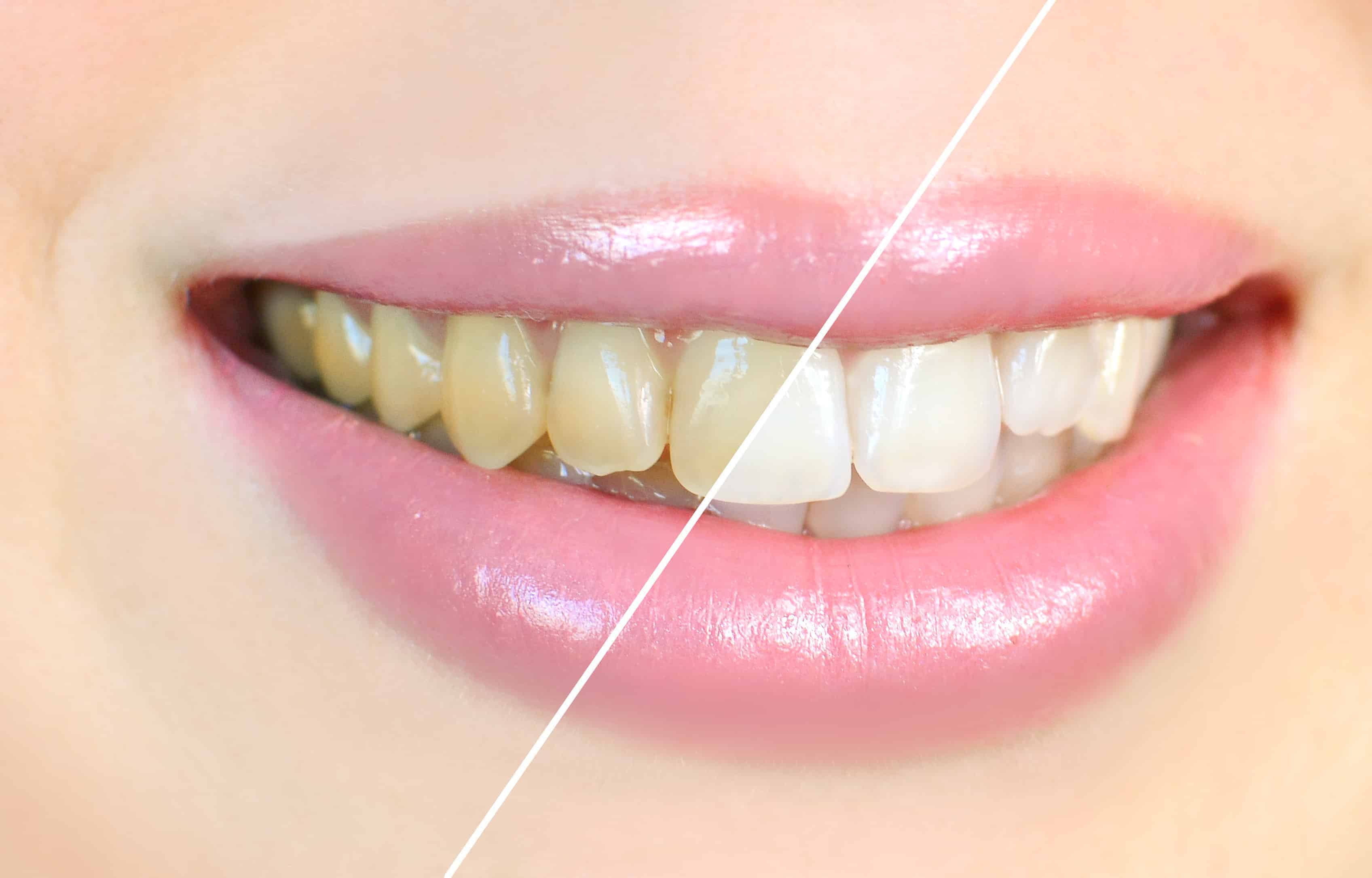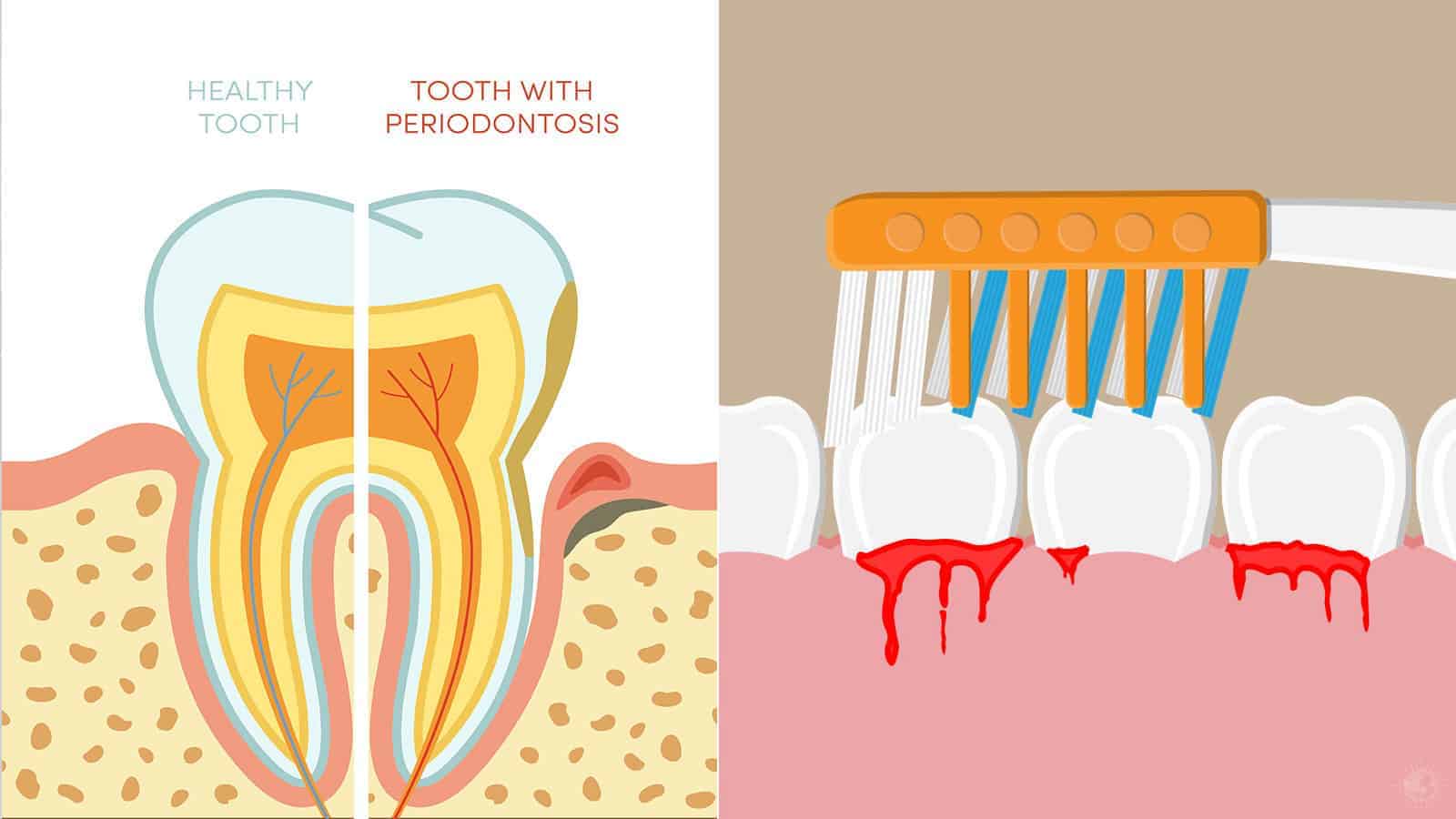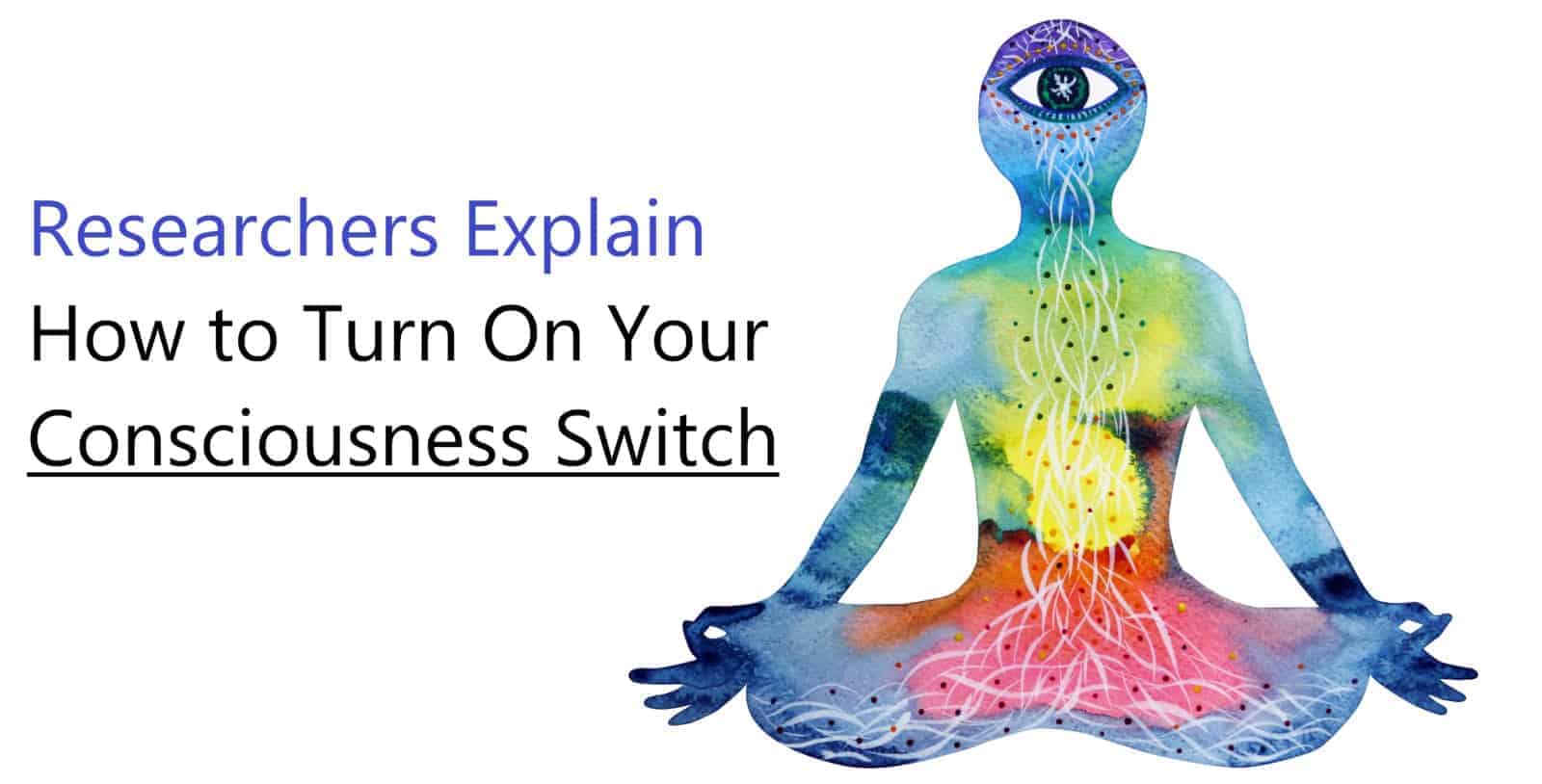Most people view stress negatively – and, indeed, it is primarily a negative experience. But that does not mean that you will not find a silver lining! Like many situations, stressful emotions come with a fair share of good and bad.
But how can that be true? Anyone who’s felt stressed out can vouch for the fact that stress is mostly unpleasant, so how can there be positive sides to stress? The answers might surprise you! Here are 14 unique benefits of stress on your body.
1. It Can Boost Short-Term Memory
Stress does a lot of things to the body – and one of the key things it does is prepare itself for any necessary defense. This response can be a positive thing, especially if you’re in a situation that demands a sudden boost.
Here are some of the things stress does when boosting you temporarily:
- Temporarily increases interleukin production for a defensive boost
- Increases mobilization of immune cells
- Increases your body’s readiness for injuries or infections
2. It Helps You Learn
As it turns out, positive thinking doesn’t always do the trick. Sometimes, it’s just easier to pick up things when you’re in an emergency fight-or-flight mode – even a simulated one,, as discovered by a study.
That said, it is important to distinguish between positive and negative stress. Here are some of the things good stress does to help you learn better:
- Increases excitement when learning something
- Boosts focus and motivation
- Boosts one’s energy for the task
- Improves performance
- Improves one’s decision-making skills
3. It Makes You Tougher
Indeed, stress is never easy to handle – and in most of our ideal worlds, we won’t ever have to deal with it. In reality, however, studies have shown that learning how to deal with stress properly is important – to the point that it’s even incorporated into Navy SEAL training.
In other words, learning how to deal with stress healthily helps you better yourself. Here are a few examples:
- It teaches you how to manage stressful situations – both present and future ones
- You learn how to develop healthy psychological and physical control
- Helps you develop resilience
- Encourages and promotes psychobiological resilience
- Teaches positive thinking in the face of struggle
4. It Gives You A Rush Of Adrenaline
When you are experiencing stress of any kind, your brain informs your body to produce all sorts of stress-related hormones and chemicals. One of these hormones is adrenaline – a hormone that is well known to give you a boost in emergencies.
But if the term ‘adrenaline junkie’ signifies anything, it is that triggering your fight-or-flight instinct isn’t always an unpleasant thing. Here are a few instances where you might enjoy that adrenaline rush:
- Extreme sports
- Public speaking or performing
- Competitions
5. It Can Improve Cognitive Ability
At first glance, this may seem counterintuitive. After all, there are plenty of studies that show stress has a negative effect on our brain’s performance. That said, you may have personally noticed that you seem to do better when you are under deadlines or stressed.
While that is certainly true in the long term, studies also show us that in the short term, it can instead provide the temporary boost that we need. Here are some of the ways stress can boost our cognitive performance:
- Strengthens brain neurons
- Increases focus and attention span
- Improves short term memory
6. It Can Provide Some Motivation
If you’ve ever found stress being the kicker you need to get going, this may seem familiar with you. It isn’t just your imagination – stress creates a cognitive dissonance between our baseline values and our environment.
This disarray is often something we want to put back in sync – and thus, the source of our motivation. Here’s a few examples where stress can be a motivating factor:
- Presentation deadlines
- Project presentations
- Upcoming examinations
7. It Can Improve The Development Of A Child
Chronic stress is undeniably unhealthy, both to a parent and to an unborn child. Our brains and our minds intertwine in such a way that the negative state of one will inevitably harm the other. As a result, it comes as no surprise that most parents will want to avoid stress during pregnancy.
Generally, avoiding stress is a good idea. A study by Johns Hopkins, however, has proven that normal stress in moderate levels may be helpful for the development of the fetus. Here are a few examples of how it helps the babies:
- More advancement in early developmental skills
- Quicker neuron connectivity
- Faster brain development
8. It Can Boost Bonding
Ever noticed how people who have been to hell and high water together come out of such situations closer? Stress can be a relationship killer, yes – but research has shown that if you know how to handle it healthily, it can also be ultimately a positive bonding experience.
It may seem strange that stress can create stronger bonds. To convince you, here are a few reasons why this is the case:
- You’re more likely to reach out and connect with others who will help you
- There are higher levels of oxytocin in your bloodstream – the chemical responsible for bonding
- You learn how to better appreciate those that you love
- You learn how to work together with loved ones through a stressful situation
 9. It Can Point To A Longer Lifespan
9. It Can Point To A Longer Lifespan
There are two ways you can look at a stressful situation – you can see it as something that will crush you, or as a positive opportunity for growth. Yes, it is a simple fact that chronic, long term stress will affect your physical health. This is unavoidable.
We aren’t completely helpless, however. Research proves that just how you tackle and handle that stress has a significant impact on the outcome – and doing so positively obviously has good benefits. Here are a few examples of how it can turn out for the better:
- Lower risk of death, even when compared to those in low-stress situations
- A better understanding of how to translate stress-related energy into productivity
- Better handling and management of stress, reducing its impact on one’s health
10. It Can Promote Competition
Healthy competition in a safe environment is important – it teaches us how to push ourselves to our limits, where our limits are, and how to handle them. Here are a few other things that competitive stress can help us out with:
- It teaches us how to address and grow from our failures and shortcomings
- It allows us to assess both strengths and weaknesses, and how to manage or improve them
- You receive an opportunity to see where we can accept help from others to cover where we lack
11. Stress Can Challenge You
Challenges are an unpleasant but necessary part of life. The struggles involved in overcoming a challenge can – and often will – be stressful, but it is often a golden opportunity to better ourselves one way or another.
There’s a reason for this – in order to understand your limits and issues. You would first have to be pushed beyond your comfort zone. With that in mind, here are some of the things that stress can help you out with when you overcome a challenge:
- Boosts confidence and self-esteem
- Provides new perspectives and depths to an experience
- Creates positive transformation in personality
- Adds more dimension and layers to your personality
- Improves adaptability
12. It Gives You The Warnings You Need
Stress isn’t a normal state of being to be in – in fact, it is a vital part of your warning system. When you’re stressed, your body prepares itself for an emergency situation. This can be anything from mundane events like dealing with a test, to life-threatening ones like avoiding a potential car crash.
In order to do this, the brain responds to stress by ordering the respective glands to flood the body with emergency chemicals and hormones. Here are some of the things those chemicals and hormones help you in a do-or-die situation:
- Heightens your senses
- Increases your blood pressure and heart rate
- Increases the sensitivity of your reactions
- Sharpens your focus
13. It Can Give Your Life Meaning
It’s hard to appreciate what you have until it’s gone, but such ups and downs are a natural part of life – and it is arguably necessary. After all, you cannot truly embrace experience in its entirety if you choose to discard the negatives that punctuate it.
As it turns out, this life experience that we are all bound to learn is backed by research as well. Here are a few reasons why stress can help underscore the good things in your life:
- It forces you to take on a new perspective, which can shed new light on your life
- It can be a source of enrichment, deepening your experiences
- Sometimes, it can help you realize what’s significant and important in your life
- It can make your life feel more meaningful
14. It Can Help Your Social Life
Considering the kind of problems stress tends to place on any and all relationships, the idea that it can help with your social life might seem like a contradiction. However, research conducted by the University of Freiburg has actually proven otherwise.
For anyone who has ever played an ice-breaker game, this technically shouldn’t come as a surprise. As the name of such games indicates, it actually becomes easier to bond after going through a simple, low-stress situation. Here are a few extra points on why this is the case:
- Stress makes you more likely to bond with others.
- Going through a stressful situation with a partner increases your level of trust with them.
- Stress encourages you to give and share with others.
- Stress helps you exhibit an increased amount of prosocial behaviors.
 Final Thoughts On Some Unusual Benefits Of Stress On Your Body
Final Thoughts On Some Unusual Benefits Of Stress On Your Body
While stress has its benefits occasionally, do keep in mind that it still must be managed correctly. Chronic or constant stress is always more negative than positive, and it’s important to find a balance through proper handling of stress and symptoms of anxiety and tiredness.
If you are experiencing severe levels of stress that interfere with your ability to do everyday tasks, speak to a mental health professional. Abnormally high or chronic states of stress are not normal and require treatment.



